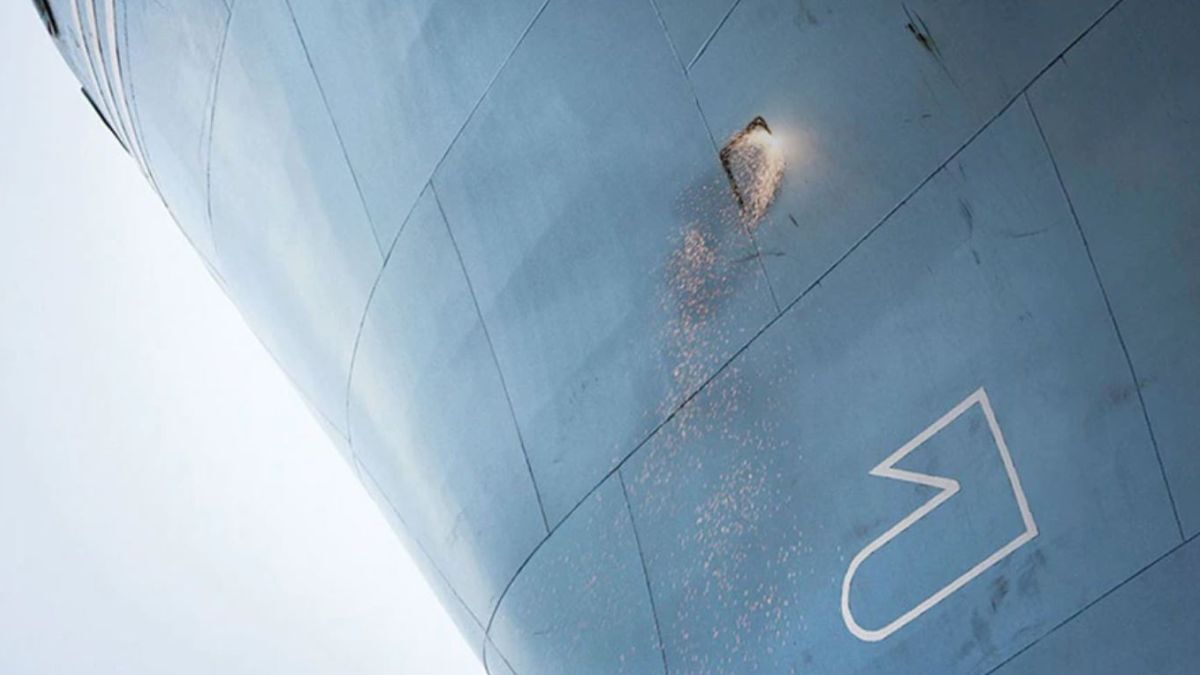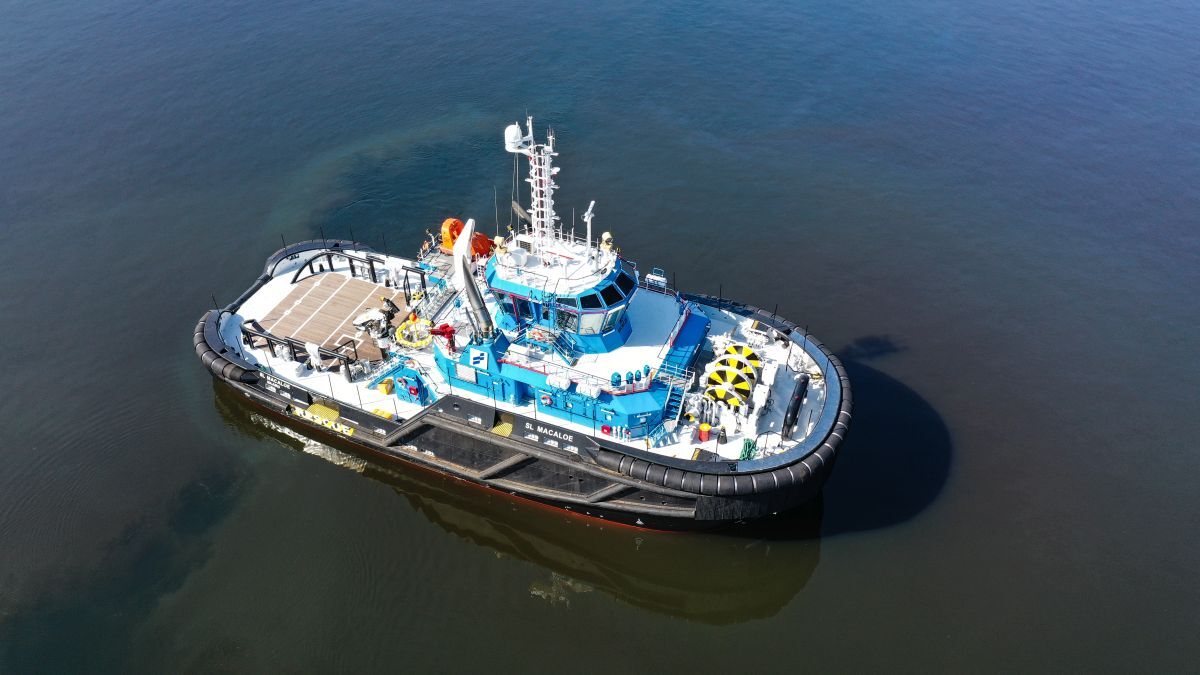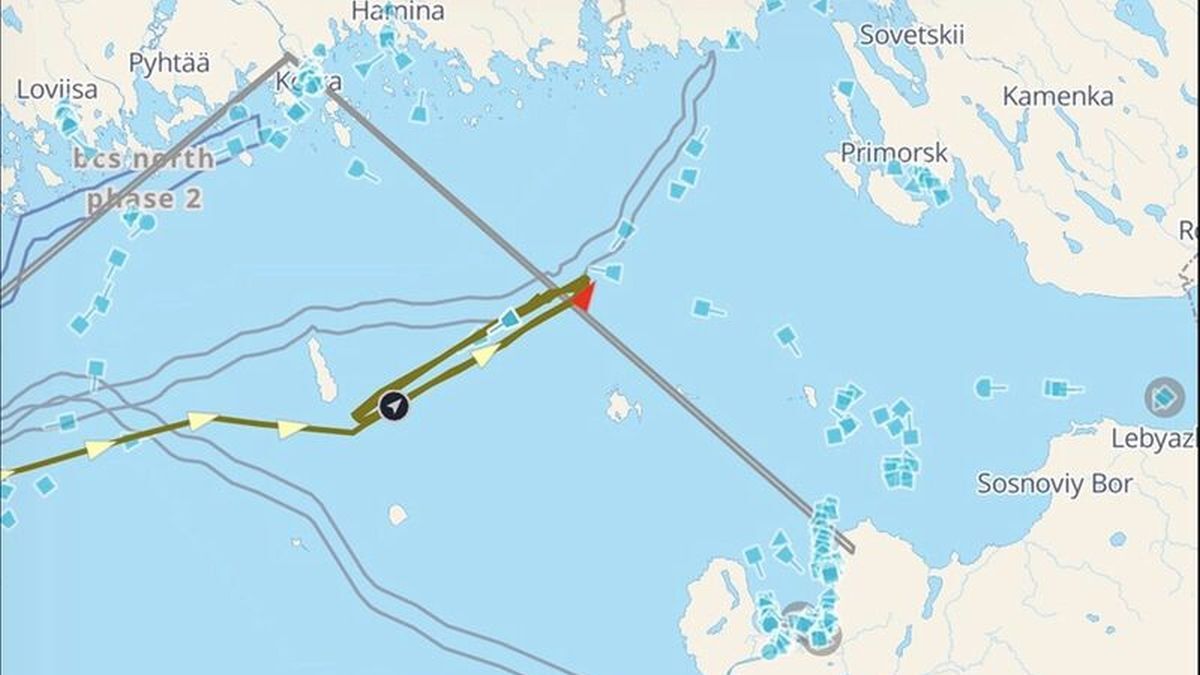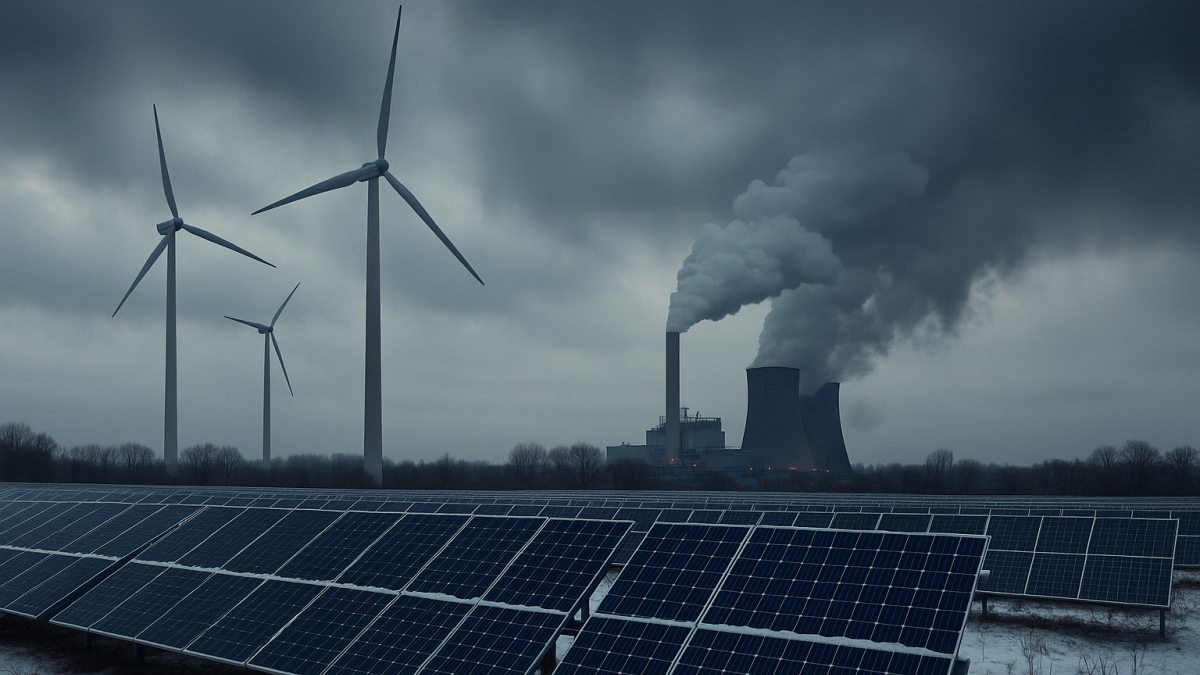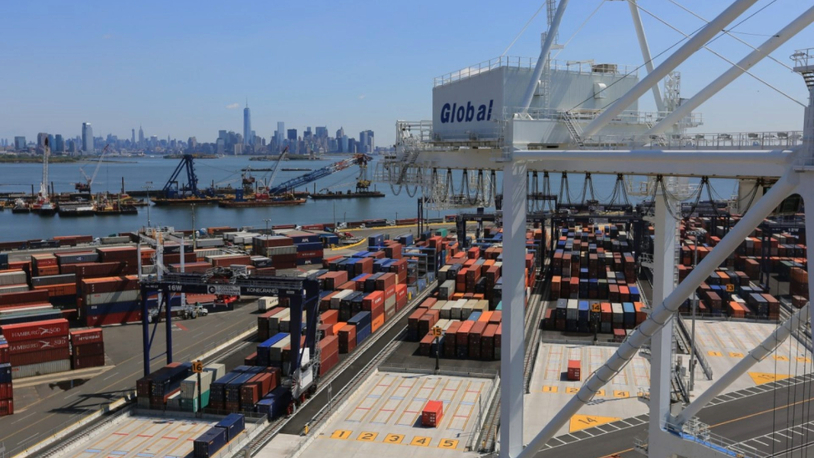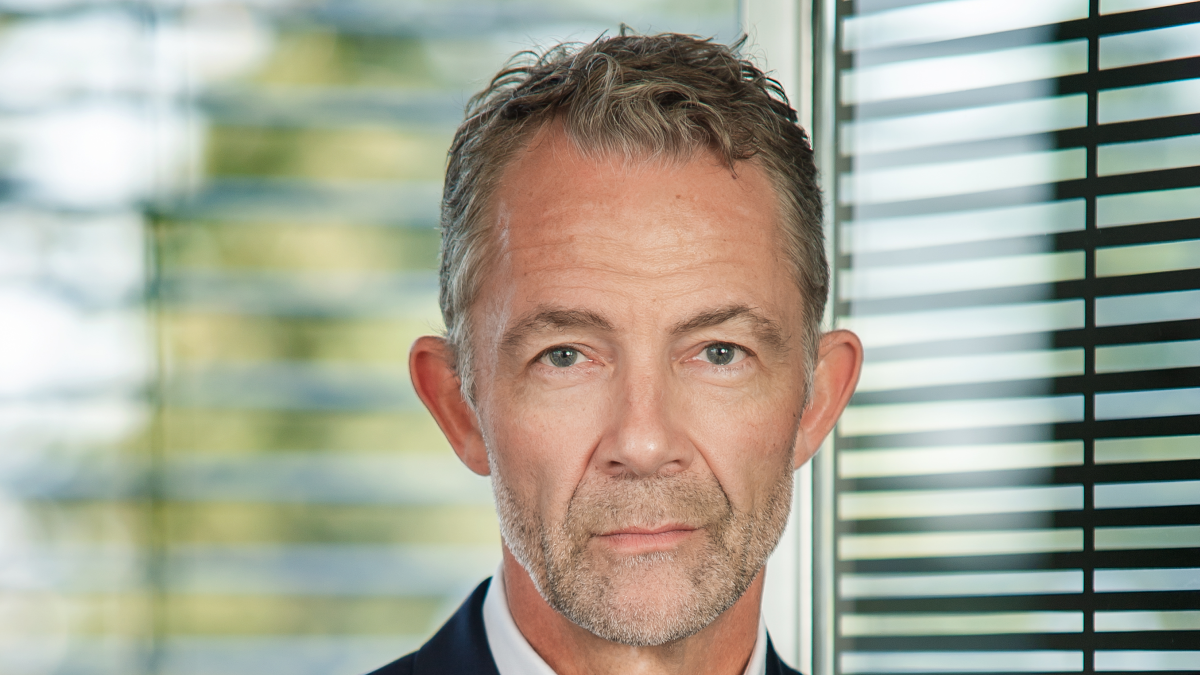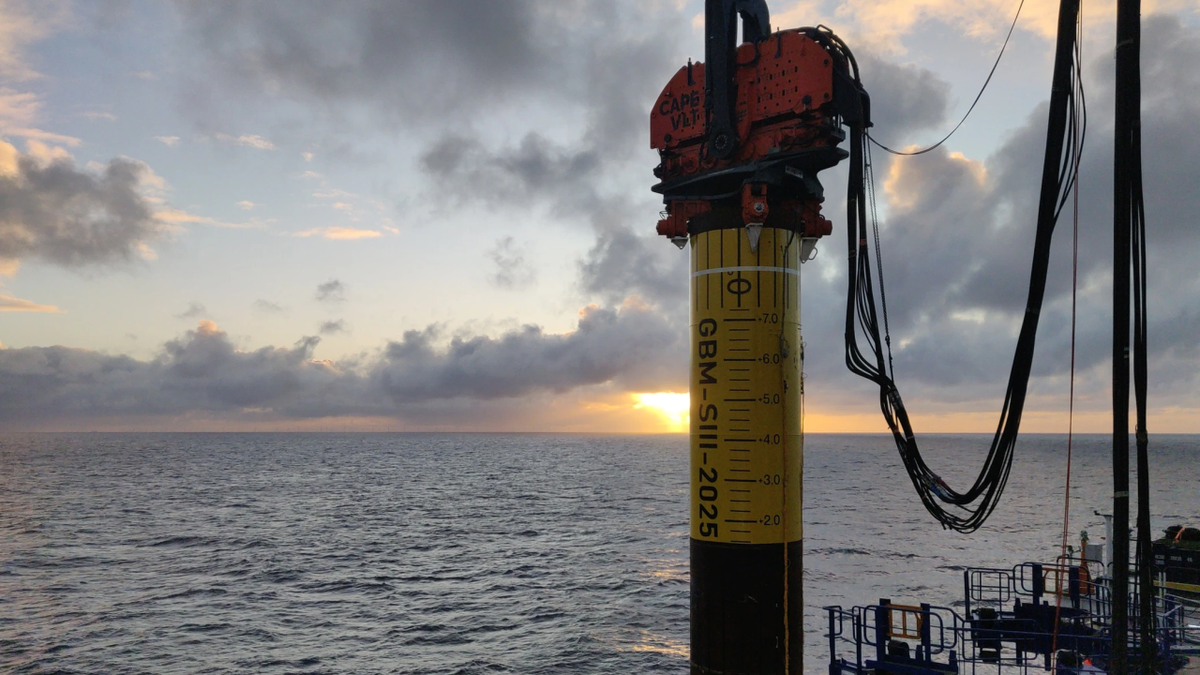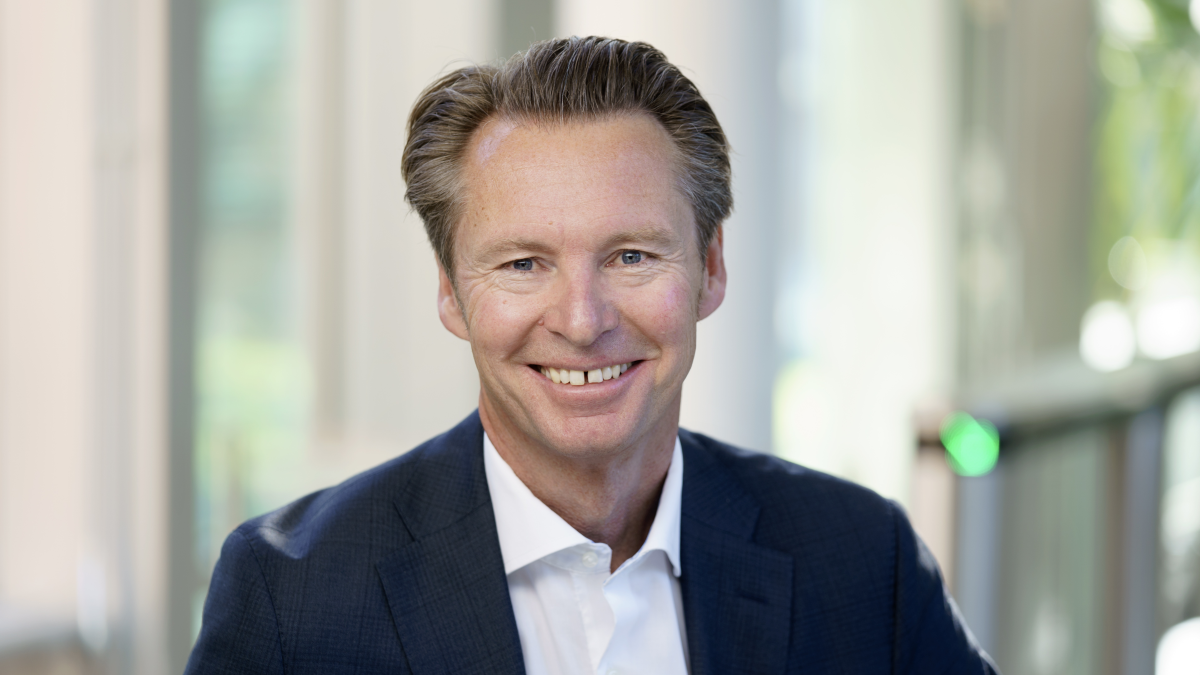Business Sectors
Events
Contents
Analyst calls for global microplastics action
IDTechEx analyst Dr Shababa Selim, who will be taking part in the Reducing marine plastic litter from ships webinar, highlights the urgency of scaleable capture technologies to tackle microplastic pollution
IDTechEx senior technology analyst Dr Shababa Selim holds a doctorate in chemistry from Imperial College London, where her research focused on studying artificial photosynthesis, a photocatalytic process to split water into hydrogen and oxygen.
Dr Selim joined IDTechEx after working for a science and technology consultancy, where she applied her chemistry background to a wide range of product development and technology innovation ventures for SMEs and large multinational corporations.
At IDTechEx, she covers advanced materials and sustainability, with a particular emphasis on treatment technologies for emerging pollutants and her deep understanding of emerging-pollutant treatment technologies makes her particularly well qualified to take part in this webinar and offer valuable insights to delegates.
Dr Selim has always possessed a natural interest in environmental protection and has devoted her career to advancing treatment technologies for pollutants such as PFAs and microplastics. She regularly engages with innovators at leading conferences, ensuring the market research and analysis she provides at IDTechEx reflect the latest technological developments.
Dr Selim highlighted that microplastics, including plastic pellets or nurdles, are highly mobile in the environment and exceedingly difficult to recapture once released and notes minimising the leakage of microplastics into ecosystems presents a key challenge for industry going forward.
She observed that although the EU leads regulatory efforts with regulatory framework for chemicals – with registration, evaluation, authorisation and restriction of chemicals restrictions on intentionally added microplastics and proposed rules to prevent pellet losses, addressing microplastic pollution requires global action.
Dr Selim identified collaboration among industry, start-ups and research institutions to develop efficient, scaleable capture technologies and explore biodegradable alternatives as critical opportunities.
“Microplastics are used extensively across various industries as additives, while secondary microplastics generated from the degradation of larger plastic items is also a major contributor to environmental pollution,” said Dr Selim.
“Their persistent nature and ability to bioaccumulate is raising concern with regulatory bodies increasingly looking at this issue. This regulatory momentum is pushing manufacturers and supply chains to adapt. Alongside the implementation of capture technologies to prevent microplastics from entering ecosystems, biodegradable alternatives are also gaining traction as a means of reducing the long-term release of persistent microplastics. Nonetheless, major challenges remain, demanding further research, innovation and co-ordinated action from both industry stakeholders and policymakers to address this growing environmental issue,” she said.
Riviera’s next Marine Environmental Protection Webinar Week will be held 28-30 October. Use this link for more information and to register for these webinars.
Related to this Story
Events
Offshore Support Journal Conference, Americas 2025
LNG Shipping & Terminals Conference 2025
Vessel Optimisation Webinar Week
© 2024 Riviera Maritime Media Ltd.




